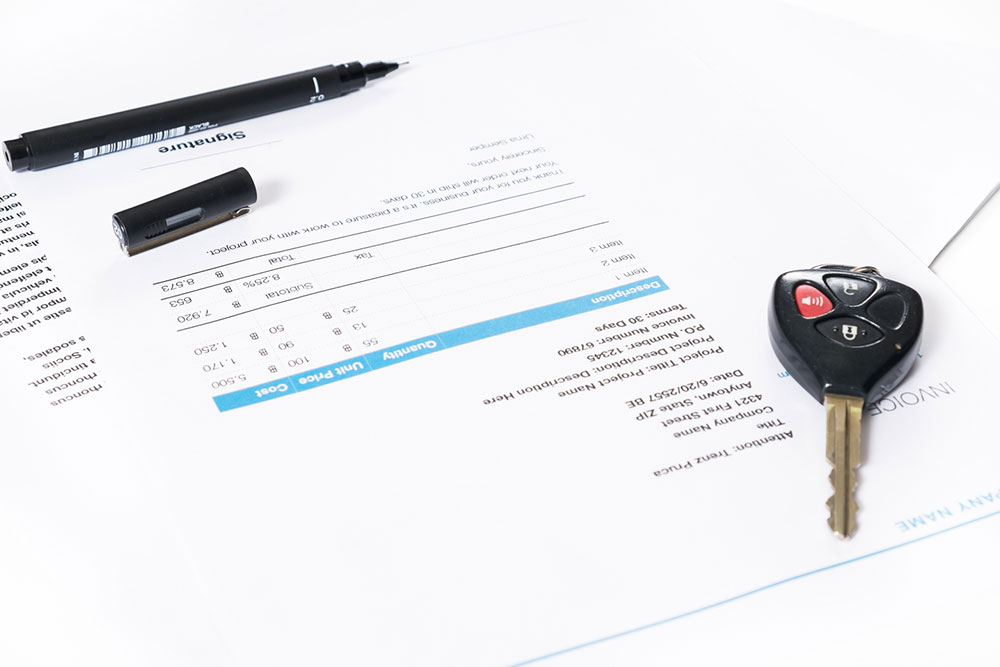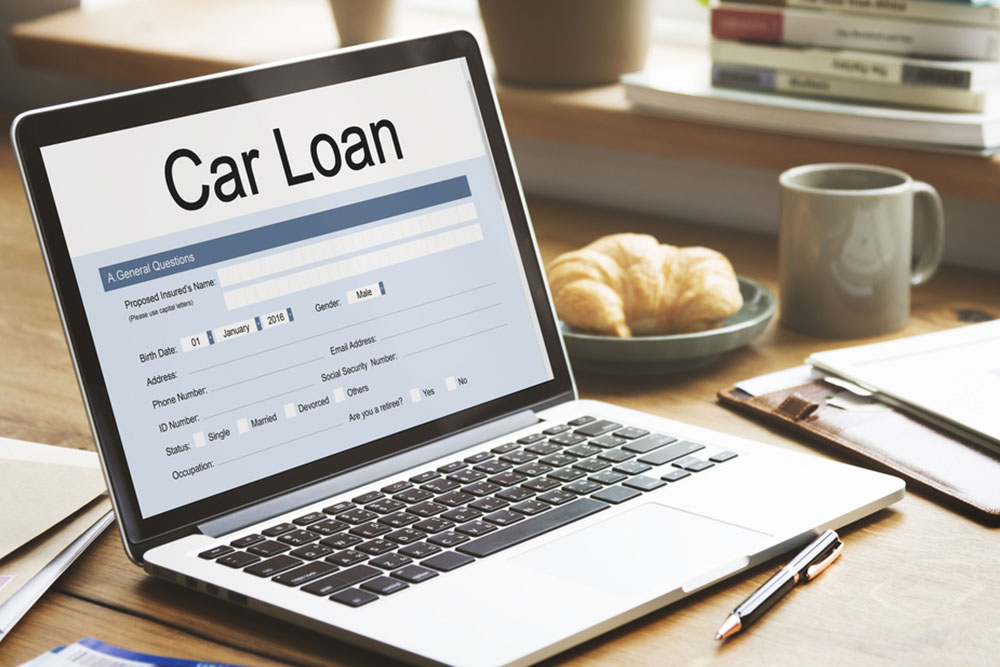Comprehensive Guide to Buying a Car Without a Down Payment
Owning a vehicle without a hefty initial down payment is possible through strategic financing options, improved credit scores, and promotional deals. This guide explores various methods including auto loans, co-signers, dealership promotions, and secured loans, tailored to help buyers achieve their car ownership goals without upfront costs. Effective planning, responsible borrowing, and careful comparison of offers are key to securing the best deal and making vehicle ownership both affordable and attainable.

Comprehensive Guide to Buying a Car Without a Down Payment
Owning a vehicle is a significant milestone for many individuals, offering greater mobility, convenience, and independence. However, the upfront cost of purchasing a car can be a major barrier, especially for those who haven't saved enough for a sizable down payment. In many markets, including Nigeria, the typical initial payment required by dealerships or lenders can be a hurdle, discouraging potential buyers. Fortunately, there are multiple strategic approaches that enable consumers to acquire vehicles without needing to pay a substantial initial sum. This comprehensive guide aims to explore various effective strategies and options to facilitate car purchases without a down payment, making vehicle ownership more accessible to a broader audience.
1. Leverage Auto Financing and Car Loans
One of the most popular methods to purchase a vehicle without a large upfront payment is through auto financing. Many financial institutions in Nigeria and around the world offer specialized auto loans designed to cover the entire cost of the vehicle. Applicants can opt for loans that allow them to finance the full price, enabling them to drive off with a new or used car immediately. The approval process generally considers the applicant’s credit profile, income level, and existing debt obligations. Once approved, the repayment plan involves monthly installments, often spread over several years, which simplifies the financial burden.
It’s important for prospective buyers to compare interest rates, repayment terms, and fees from various lenders, including banks, credit unions, and non-banking financial institutions. While the interest rates vary depending on the lender and the borrower’s creditworthiness, securing a loan with favorable terms can make a big difference in the total cost of ownership. It is crucial to understand that missing payments or defaulting on the loan may lead to repossession of the vehicle, damage to your credit score, and other financial penalties, so responsible borrowing is essential.
2. Enhance Your Credit Score to Access Better Financing
Your credit score plays a critical role in your ability to secure financing with favorable terms, especially when aiming for zero-down-payment options. A higher credit score indicates a strong history of repaying debts on time and managing credit responsibly, which reassures lenders of your reliability. To improve your credit profile, focus on paying your bills promptly, reducing existing debts, and avoiding new credit applications unnecessarily. Consistent efforts over time can significantly boost your creditworthiness, increasing your chances of qualifying for loans that do not require an initial payment. Maintaining a good credit score not only benefits your current car purchase but also enhances your financial health for future needs.
3. Use a Co-signer to Secure a Loan with No Down Payment
If your own credit history is weak or you lack sufficient income to qualify for a loan, enlisting a co-signer with a strong credit profile can be an effective strategy. A co-signer agrees to guarantee the repayment of the loan, which can persuade lenders to approve your application without a down payment. However, this approach involves risks: the co-signer becomes equally responsible for the debt, and their credit can be impacted if you default on the loan. Therefore, it's crucial to choose someone trustworthy and ensure clear understanding of the financial responsibilities involved. Co-signing is a powerful tool but requires careful consideration and mutual trust.
4. Capitalize on Festivals, Holidays, and Promotional Seasons
Many banks, automobile lenders, and dealerships offer special promotional deals during major festivals, national holidays, and local cultural celebrations like the New Yam Festival or the Calabar Carnival. During these periods, lenders often introduce zero-down-payment offers, reduced interest rates, and flexible loan conditions to attract buyers. These promotions are typically backed by aggressive marketing campaigns and favorable credit conditions, making it an excellent opportunity for buyers to secure financing without a large initial payment. Planning your vehicle purchase around these promotional events can significantly reduce the financial barrier and lead to savings in the long run.
5. Explore Dealership and Manufacturer Financing Packages
Car dealerships and manufacturers frequently run their own financing programs, especially during end-of-month or end-of-quarter sales campaigns. These packages often include options for zero-down payments, lower interest rates, and attractive repayment plans, primarily to meet sales targets. Comparing offers from multiple dealerships can give you leverage in negotiating favorable terms. Having a good credit history will increase your chances of qualifying for the best deals. Sometimes, manufacturers even provide rebate offers or lease options that can help you acquire a vehicle without an initial payment, making car ownership more achievable.
6. Consider Secured Loans Using Collateral
For individuals with poor credit or no co-signer, secured loans can provide a viable route to purchase a vehicle without a down payment. These loans require collateral—such as a savings deposit, property, or other valuable assets—which secures the loan and reduces the risk for lenders. Because secured loans are backed by tangible assets, they tend to have lower interest rates and higher approval probabilities than unsecured loans. However, applicants should carefully review the terms, especially concerning default consequences. Failure to meet repayment obligations may result in the loss of collateral, so it is essential to assess the risks and ensure the loan repayment plan aligns with your financial capabilities.





